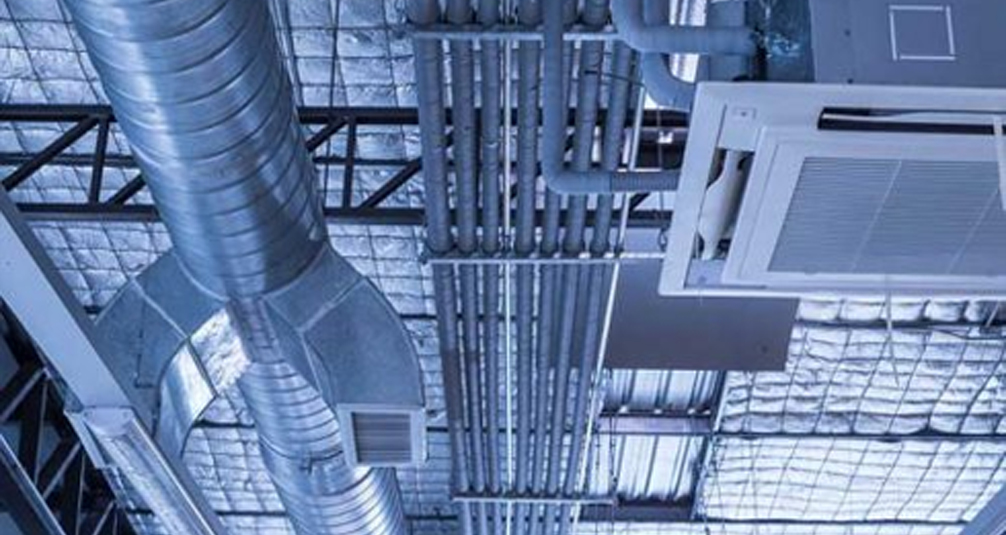HVAC (Heating, Ventilation & Air Conditioning) refers to a system that enhances energy efficiency and indoor comfort in modern structures. The HVAC term amalgamates heating, ventilation, and air conditioning, collectively used to regulate ideal airflow, temperature, humidity levels, and overall climate conditions within a structure.
HVAC systems find applications across a spectrum of settings, from data centers and control rooms to commercial buildings. These systems must be designed in harmony with other elements such as structural cabling, fire suppression, security, and energy management. HVAC systems can account for approximately 60% of a building's energy consumption. Designing and maintaining HVAC systems play a pivotal role in increasing energy efficiency and reducing operational costs.
Heating, ventilation, and air conditioning constitute the fundamental components of HVAC systems. Heating involves generating heat using various methods or adjusting ambient temperatures. Particularly for data centers and control rooms, heating is crucial for maintaining optimal temperature and humidity levels around devices.
Ventilation aims to maintain healthy indoor air quality and balanced airflow. It is an essential aspect of HVAC, filtering air to prevent the accumulation of harmful pollutants indoors.
Air conditioning goes beyond temperature and ventilation; it also encompasses controlling indoor air quality and humidity levels. HVAC systems can also operate in an environmentally-friendly manner by utilizing energy derived from green sources.
Energy efficiency remains a prime focus within HVAC systems. Methods such as time programming, temperature and humidity sensors, fan coil and radiator controls enable energy conservation. By employing frequency converters to regulate pump and fan pressures, energy consumption can be optimized.
In conclusion, HVAC systems are an indispensable component of contemporary buildings. Through heating, ventilation, and air conditioning systems, indoor comfort is enhanced, and energy efficiency is achieved. Efficient design and management of HVAC systems contribute to lowering operational costs and minimizing environmental impact.


